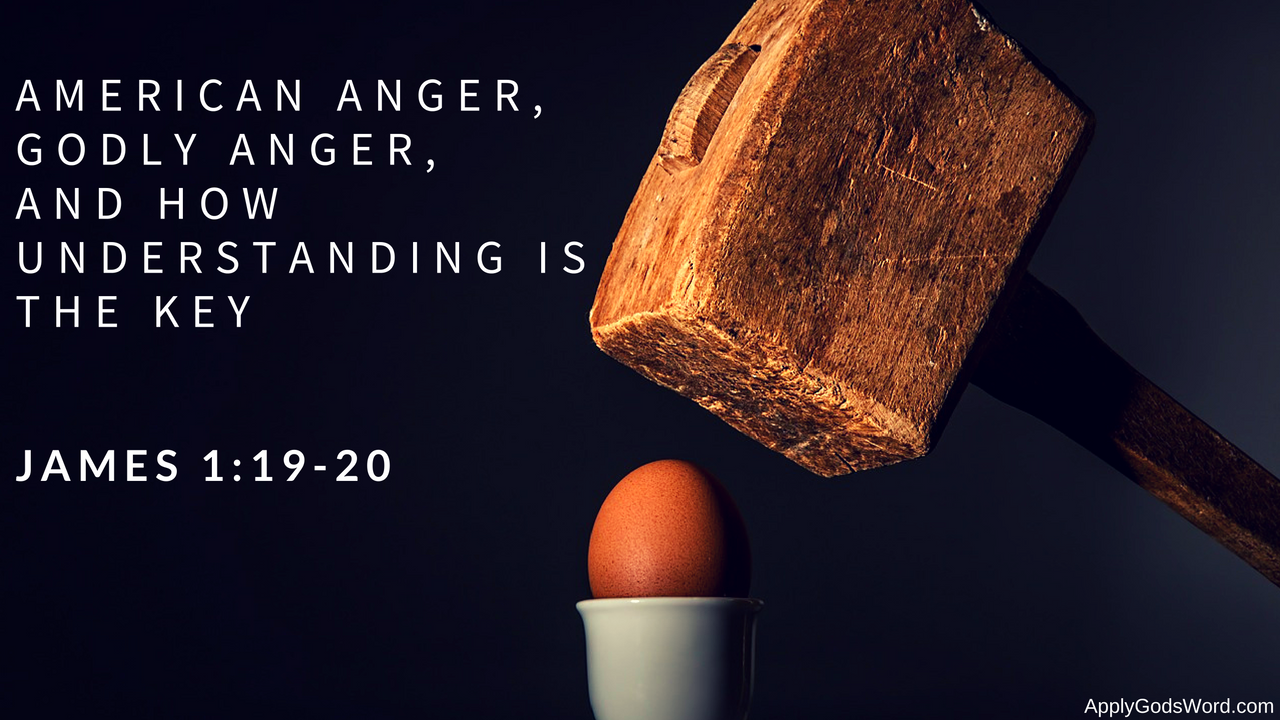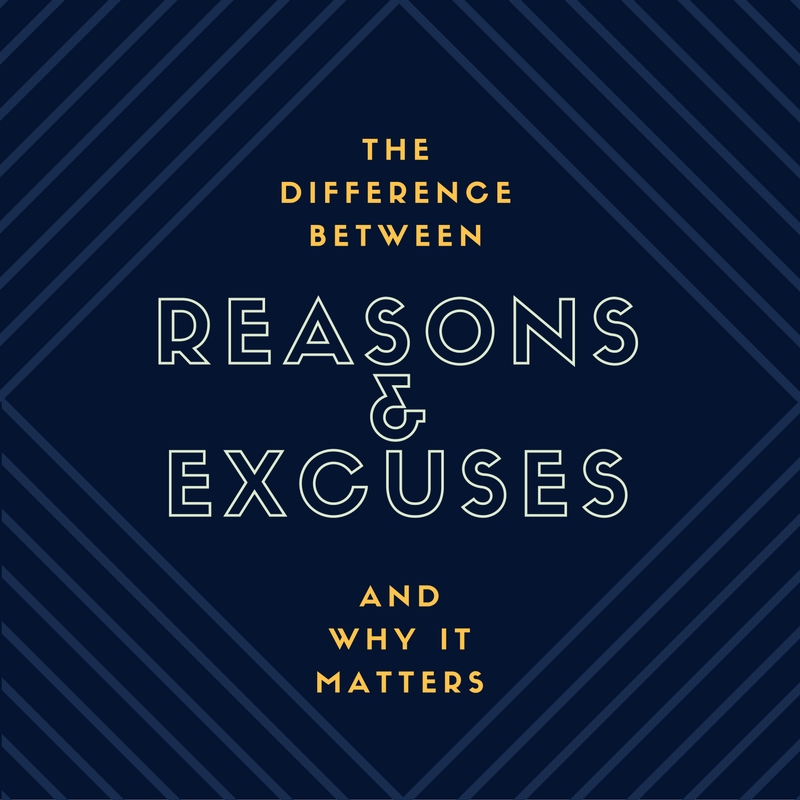
Everyone wants to change in some way or the other. Whether it’s an addiction problem, a chronic rage issue, or a character flaw that is ruining your most significant relationships, there are areas in our lives we want to change but struggle to do so.
And more than this, the Bible makes clear we must change from sinful to holy if we hope to have a true relationship with God. So how can we do this? Certainly we can’t do this in our own power. True change comes only through the power of the gospel of grace. And to be ultra specific, when it comes to actually changing real, tangible things in our lives, the Bible makes clear that only the Holy Spirit can change us.
The Father appoints what he wants done. The Son accomplishes the work of the Father. And the Holy Spirit applies the works of the Son to people. But what specifically does the Holy Spirit change about us? Why should we seek to be filled with the Spirit throughout our whole lives?
Here are seven ways the Holy Spirit changes us.








